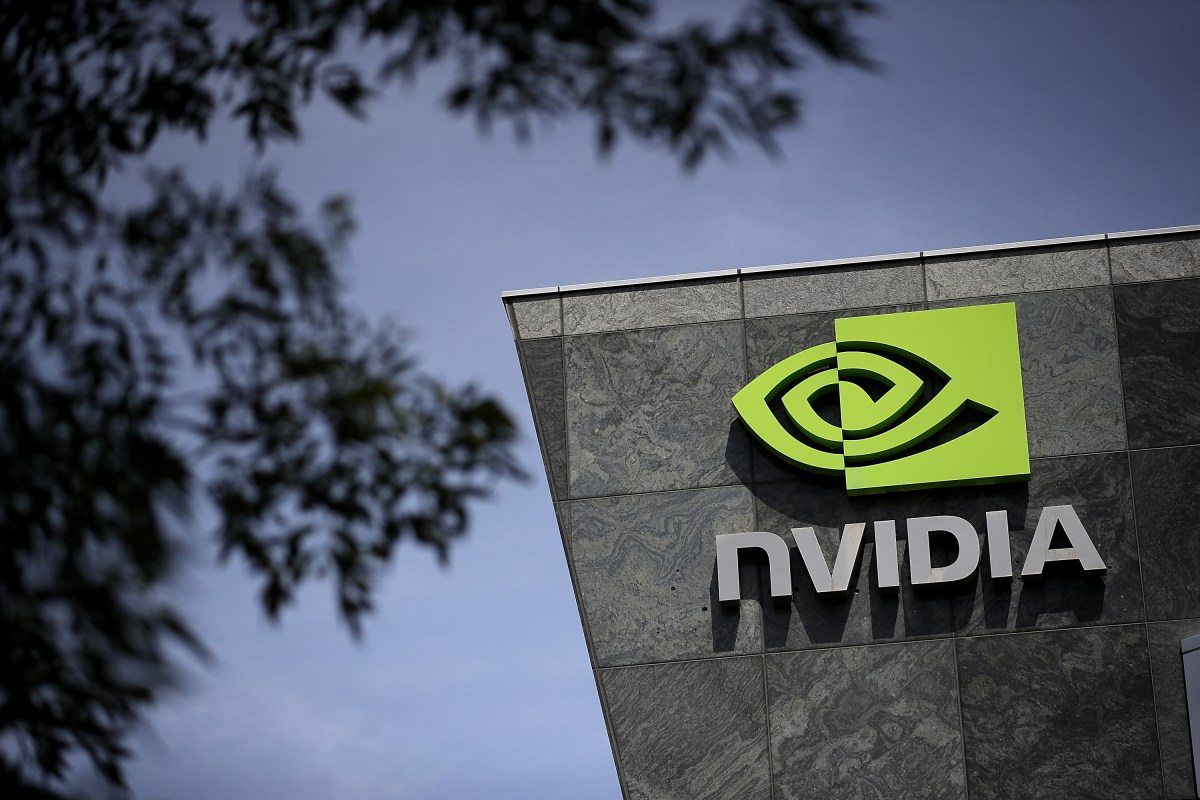Here is the rewritten content without changing its meaning, retaining the original length, and keeping proper headings and titles:
A joint study by Kaspersky and VDC Research, titled “Securing OT with Purpose-built Solutions,” provides an in-depth analysis of the current state of Operational Technology (OT) cybersecurity. Based on a survey of over 250 decision-makers from energy, utilities, manufacturing, transportation, and other sectors, the study offers valuable insights into key business and technical trends affecting industrial organizations, as well as effective strategies to address these challenges.
The research highlights that the financial impact of an OT cybersecurity breach is complex and multifaceted. Organizations must consider various costs, including lost revenue opportunities, unplanned production downtime, scrap and loss of work-in-progress inventory, and damage to equipment or property. Beyond these costs, the total financial burden also includes direct breach-related expenses, such as incident response and ransom payments.
When accounting for all these factors, half of the survey respondents in APAC estimated that each cyberattack could result in damages exceeding $1 million. Globally, nearly 25% of respondents estimate these losses to exceed $5 million over a two-year period. The distribution of these costs varies significantly across organizations and incidents but generally impacts multiple departments and influences both revenue and profitability.
The report details that for businesses in APAC, incident response accounts for approximately 24.8% of total breach-related expenses, followed by unplanned downtime at 21.7%, lost revenue at 20.6%, equipment or property repair and replacement at 16.3%, scrap or loss of work-in-progress inventory at 8.9%, and ransom payments at 7.3%. Notably, unplanned downtime emerges as one of the most significant costs for businesses in APAC, with two-thirds of APAC respondents reporting that such outages typically last between four to 24 hours. These disruptions can lead to substantial revenue losses, internal process bottlenecks, and diminished customer confidence, highlighting the critical importance of robust OT cybersecurity measures.
“Unplanned downtime can cost organizations millions of dollars, making it a critical issue for industrial and manufacturing companies. While maintenance-driven strategies to combat unplanned downtime help, strengthening cybersecurity is essential to prevent breaches that lead to costly equipment failures and outages. Ignoring cybersecurity risks undermines efforts to eliminate downtime and protect profits,” comments Andrey Strelkov, Head of Industrial Cybersecurity Product Line at Kaspersky.
Adrian Hia, Managing Director for APAC at Kaspersky, adds, “Businesses in APAC are becoming prime targets for malicious cyber campaigns due to various reasons. The attack surface has expanded substantially amid rapid digitalization of operational technology and increasing interconnectivity within and across supply chains. A single breach is capable of halting critical business operations, causing financial and data losses, and above all, risking significant reputational damage. A proactive cybersecurity stance is critical in enhancing business resilience, while allowing businesses to maintain their competitive edge in a region that is increasingly becoming a cyber threat hotspot. We have arrived at a juncture where OT security has become imperative.”
Kaspersky offers a distinctive ecosystem for OT customers, combining enterprise-grade technologies, expert knowledge, and extensive expertise. At the heart of this ecosystem is Kaspersky Industrial Cybersecurity (KICS), a native XDR platform designed for the protection of critical infrastructure and industrial enterprises. KICS provides end-to-end infrastructure coverage, safe response measures, centralized asset management, risk assessment, and auditing capabilities, while also supporting scalable security across complex, distributed environments through a unified platform.
Source Link







